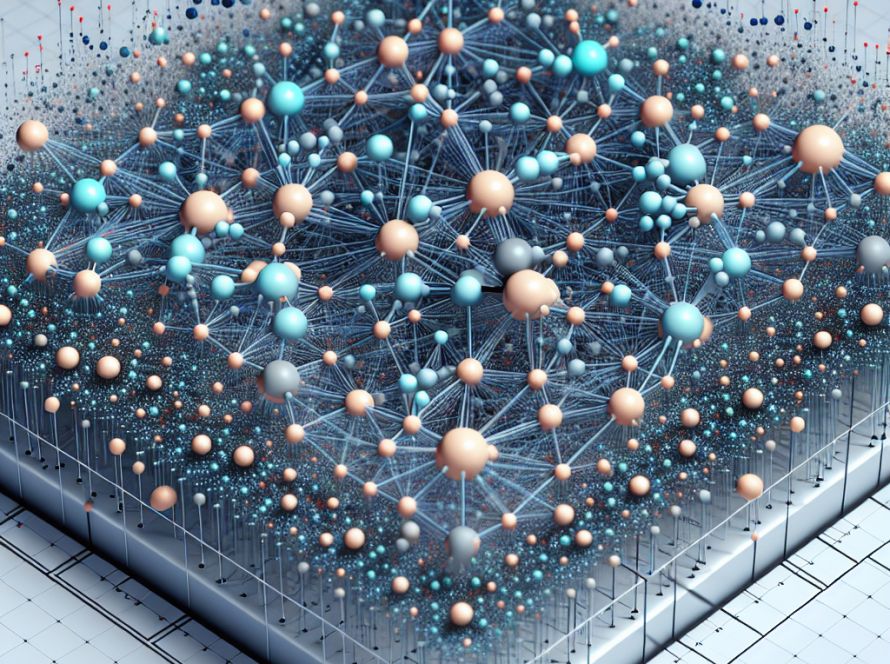The emergence of the “Miss AI” beauty pageant may seem like a novel and futuristic development, but under the facade of the glamour and advancement, it is a reminder of an old, antiquated tradition that perpetuates negative body image issues and superficial values. The competition, which pits AI models and influencers against each other, is created and organized by FanVue, a platform that has high hopes for the role of AI influencers. The winning creator of these digital models can earn up to $20,000.
Amongst the finalists are AI models like Kenza Layli, who is promoted as an advocate for women in the Middle East, and Aiyana Rainbow, who is portrayed as an advocate for the LGBTQ+ community and is also a DJ. Each of these AI models vouches for inclusivity and positivity, yet their lack of genuine human connection and emotion only adds to the artificiality of the concept.
The Miss AI pageant is marketed as a showcase of the growing role of AI in the world of marketing and influencer culture. However, the reality is much more grim. This pageant perpetuates the damaging idea that beauty can be quantified into data points and pixels, and that worth and value are tied to physical appearance.
The concept of this pageant and the rising prominence of AI influencers raise several questions about our society’s shifting values. It highlights a culture obsessed with superficiality and online attention, and presents the worrying possibility of society placing more value on the ‘opinions’ and endorsements of digital entities than real humans.
Despite the criticism, this pageant’s ability to generate attention and controversy cannot be denied. However, the question remains whether it is genuinely innovative or only a grotesque hybrid of a bygone era’s relic and a dystopian future. Its existence reinforces the toxic notion of beauty and worth that society should have left behind years ago. The pageant is a reminder that societies might be walking towards a future where real humans are replaced by their own creations – a reality far more depressing than anticipated.
Some might argue this pageant is not as serious and is merely a marketing gimmick, but it is hard to dismiss the implications it has on our society’s conventional standards and the upcoming generation’s perceptions of worth and beauty. The bottom line is, the Miss AI pageant is less of a celebration of progress and innovation and more of surreal vanity fair that leaves us questioning which direction our affinity for digital perfection and advancement is taking us.


